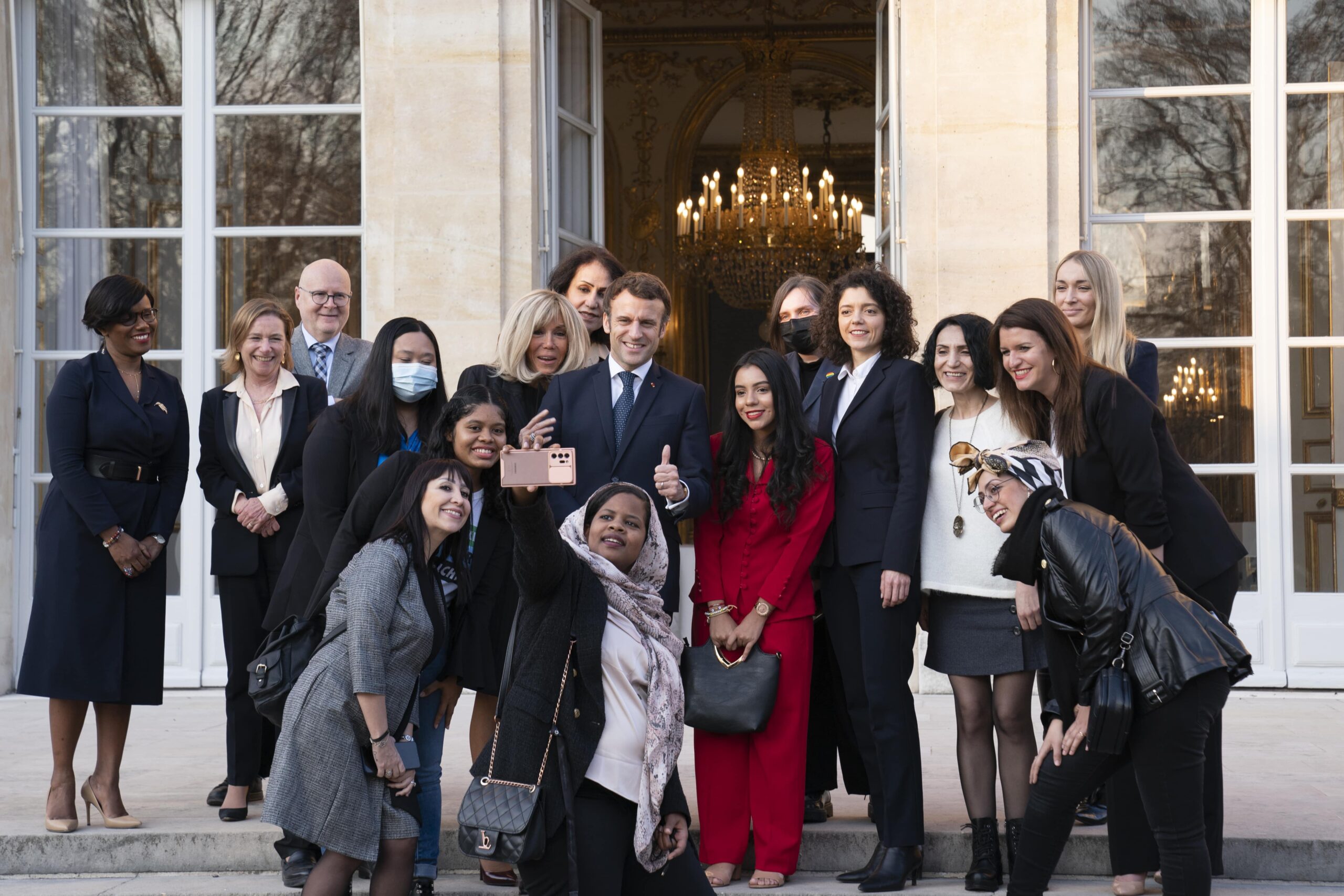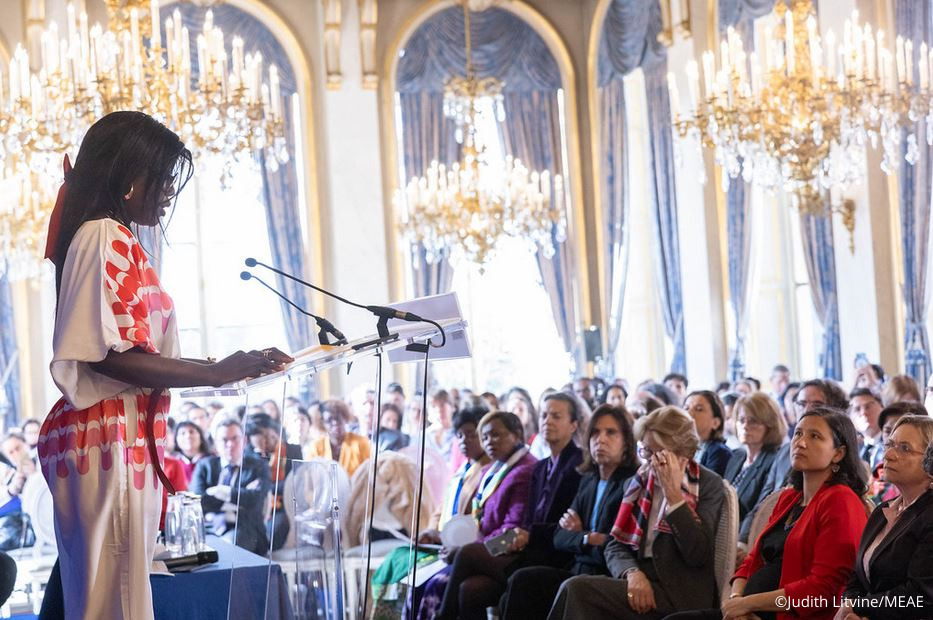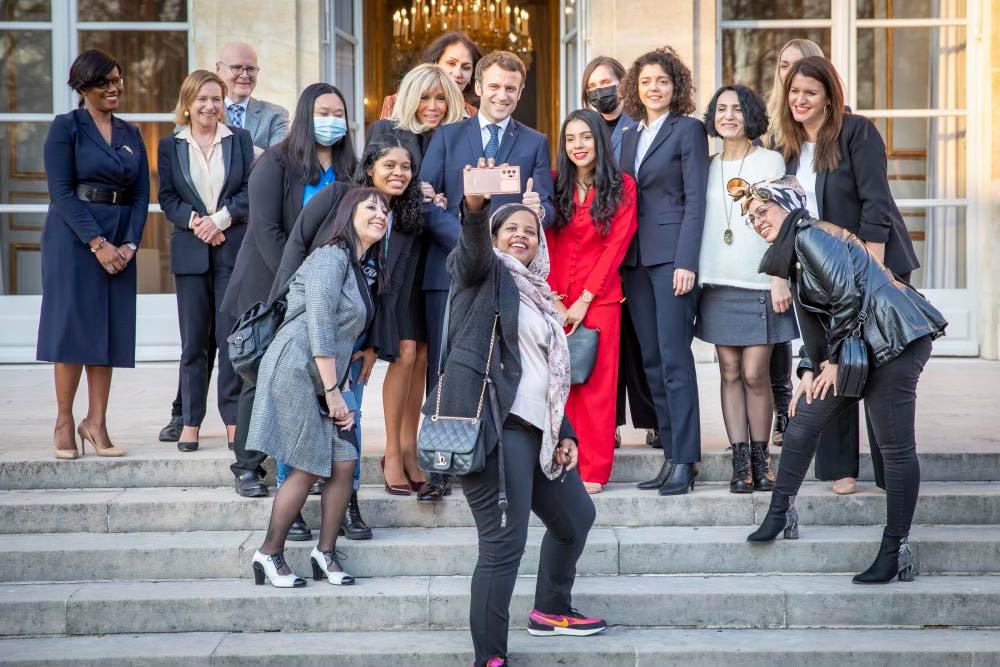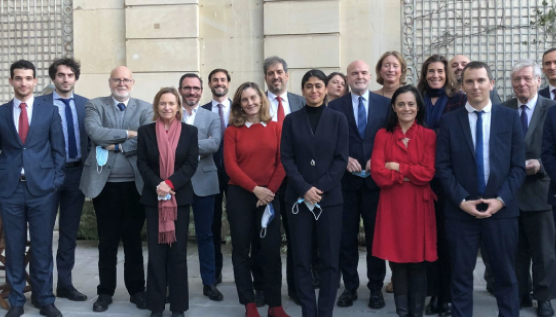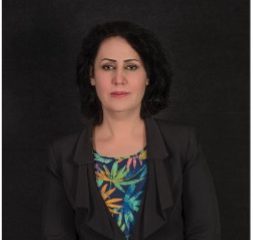
Description
An Iraqi doctor of gynaecology, Nagham Hasan has been involved for two decades in the rights of women and religious minorities, particularly the Yezidi community. In 2014, after the Islamic State attacked the Sinjar region, she became involved with displaced people to provide medical assistance. Shortly afterwards, when some women managed to escape captivity, she decided to assist them and help them to rebuild their lives, both emotionally and physically. In this way, she fights for the recognition of the crime of genocide and the sexual violence that these women suffered. In 2016, she was named International Women of Courage by the US State Department for her commitment.
"I saw all my people, on the ground, helpless and suffering."
Interview with Nagham Nawsat HASAN - April 19, 2024
Could you please introduce yourself?
I'm Nagham Hasan, a doctor of gynecology. As a human rights defender, I have been working for women's rights since 2002, and for religious minorities (in particular the Yezidi community) since 2014.
Can you describe your commitment as Human Rights Defender?
Since 2002, I've worked on numerous projects in support of women's rights. It was in 2014, after the Islamic State attacked the Sinjar region, and therefore the Yezidi community, that I became involved for the latter. Shortly after the attack, I went there and witnessed violence and rights violations (human trafficking, rape, torture, etc.). I decided to get involved as a doctor to bring them medical help, assist them and help them rebuild their lives. In the absence of medical facilities (physical, psychological) destroyed by the attack, I intervened to transfer the patients to Italy so that they could receive appropriate treatment.
I'm also fighting with the international community for recognition of the crime of genocide and the sexual violence suffered by these women.
Why did you decide to get involved in human rights?
I decided to get involved for several reasons:
The first is the situation of women in the Middle East, faced with the rise of extremes and where rights are not respected;
The second is the attack on the Sinjar region by the Islamic State, and its repercussions on women, particularly the attacks on their dignity. As a woman, I decided to get involved because it was impossible for me to see their rights violated;
The third is more personal. I'm a gynecologist and a Yezidi. As such, I can engage with women in the best possible way, and they trust me.
How did the Marianne Initiative help you make your project a reality?
First and foremost, I would like to thank the Marianne Initiative for my selection as a laureate and the opportunity to take part in the program in 2022. This program has empowered me in my fight for Yezidi survivors, but also for women's liberation. The Initiative has also given me the courage to pursue my commitment against oppression and to support people in need.
What activities were most useful to you during the program?
All the activities were, and we gained knowledge throughout the program. Visiting governmental institutions was the most beneficial, allowing me to make the voices of the Yezidi community and exiled survivors in France heard. Meetings with NGOs have also enabled me to develop partnerships to facilitate my work in Iraq, particularly in setting up permanent structures to compensate for the destruction of medical and psychological facilities. These structures are absolutely necessary, in a context where the genocide of this community continues to this day.
What did you do at the end of the program?
Thanks to the encounters I made during the program, my struggle was made easier: for example, I was supported by the French Embassy in Baghdad. Our collaboration enabled the opening of women's centers.
Would you like to add anything?
I hope that the international community and civil society can support us in finding a solution for the women and children who are victims of the Islamic State in Iraq. I hope that France will continue to support the Yezidis and recognize the current situation as genocide. I also hope that the survivors will be able to receive treatment and that hospitals will be built in Sinjar.
I'm grateful to the French government for its support and I hope it will continue to help us rebuild the Yezidi community so that it can live in peace with other peoples.
Articles and publications
Do you have a question? Please contact us!
Contact
